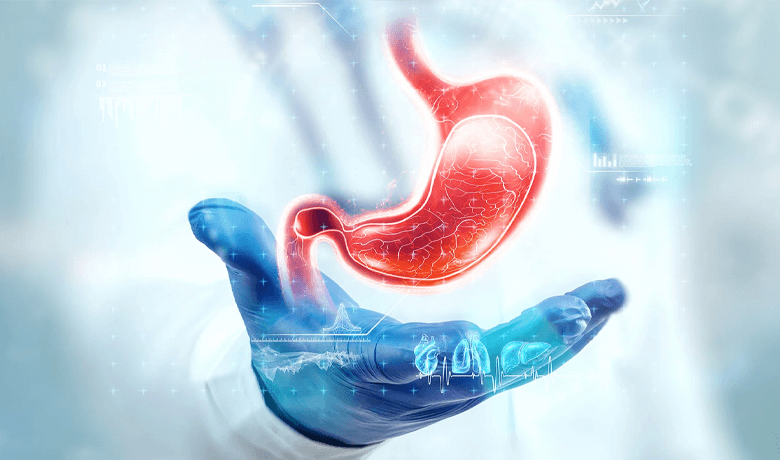What's in the Article?
The Connection Between Diet and Mental Well-Being
In recent years, the connection between diet and mental health has gained significant attention. What we eat doesn’t just affect our physical health; it also plays a crucial role in our mental well-being. Understanding the relationship between nutrition and mental health can help us make better food choices that support both body and mind.
How Diet Affects the Brain
The brain is a highly metabolically active organ, requiring a constant supply of nutrients to function optimally. Certain nutrients, such as omega-3 fatty acids, vitamins B12 and D, magnesium, and zinc, are essential for brain health. These nutrients support neurotransmitter function, reduce inflammation, and protect brain cells from damage, all of which are critical for maintaining mental health.
The Role of Gut Health
Emerging research suggests a strong link between gut health and mental health, often referred to as the “gut-brain axis.” The gut microbiome, which consists of trillions of bacteria living in the digestive tract, influences brain function and mood regulation. A healthy, balanced diet rich in fiber, probiotics, and prebiotics can promote a healthy gut microbiome, potentially improving mental well-being and reducing symptoms of anxiety and depression.
Foods That Boost Mental Health
Certain foods have been shown to have a positive impact on mental health. For example, fatty fish like salmon, rich in omega-3 fatty acids, can help reduce symptoms of depression. Leafy greens, nuts, seeds, and whole grains are high in essential nutrients that support brain health. Additionally, fermented foods like yogurt, kefir, and sauerkraut are excellent for gut health, which in turn can enhance mood and cognitive function.
The Impact of Unhealthy Diets
On the flip side, diets high in processed foods, sugar, and unhealthy fats have been linked to an increased risk of mental health issues such as depression and anxiety. These foods can lead to inflammation, oxidative stress, and imbalances in neurotransmitter function, all of which negatively affect mental health.
Practical Tips for a Mental Health-Boosting Diet
To support mental well-being through nutrition, focus on a diet rich in whole, unprocessed foods. Incorporate plenty of fruits, vegetables, lean proteins, and healthy fats into your meals. Stay hydrated, limit caffeine and alcohol, and consider incorporating fermented foods to support gut health. By making these dietary changes, you can enhance both your mental and physical well-being.
Conclusion
The connection between nutrition and mental health is undeniable. By paying attention to what we eat, we can take proactive steps towards improving our mood, cognitive function, and overall mental well-being. A balanced diet rich in essential nutrients is not just good for the body—it’s also a vital component of a healthy mind.









